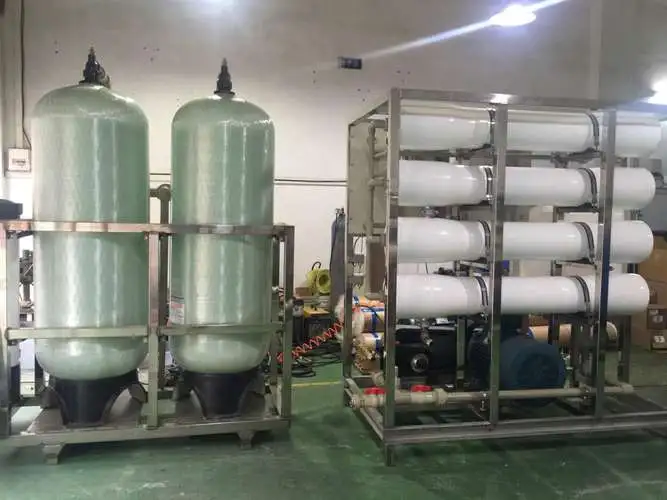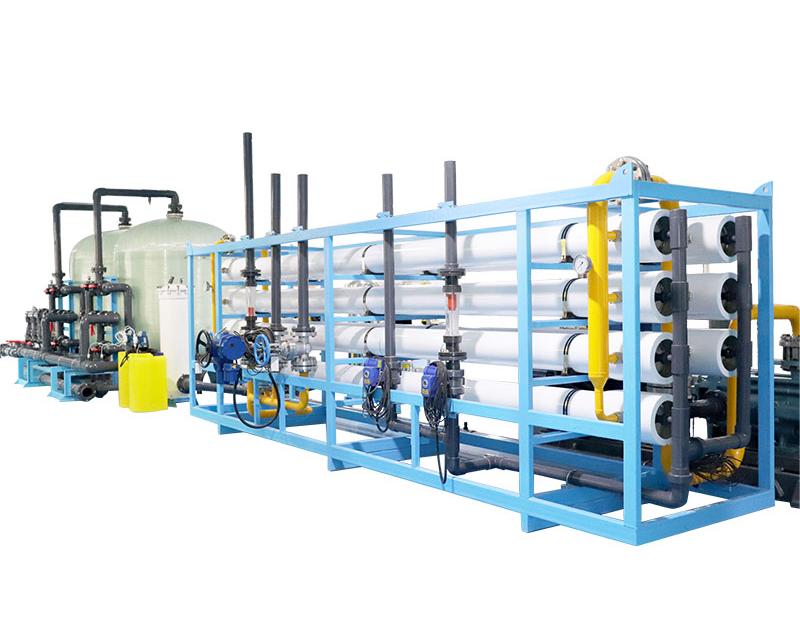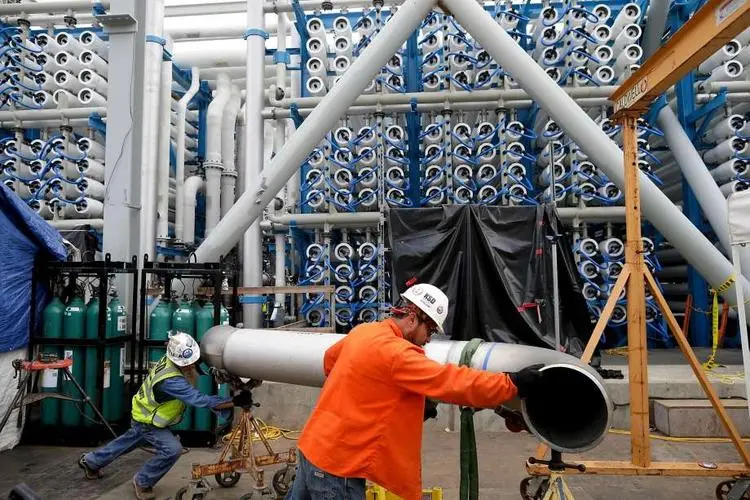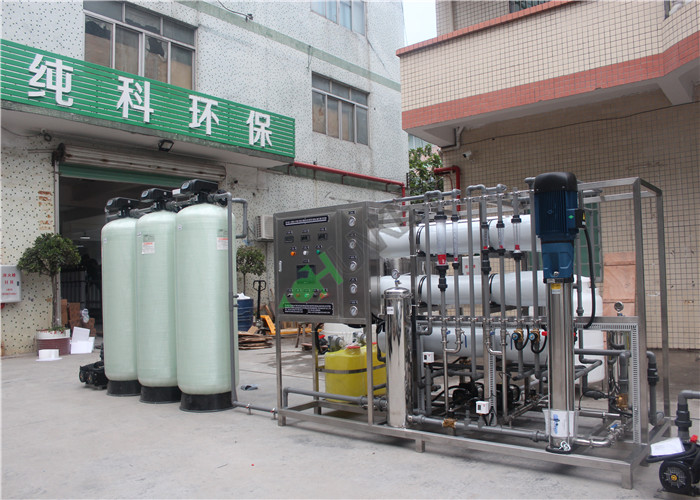Are seawater desalination systems suitable for earthquake relief?
Earthquakes are the most destructive and dangerous natural disasters, often causing serious casualties and property losses. After the earthquake disaster, infrastructure in the affected areas was severely damaged, including water supply systems. In this case, whether the seawater desalination system is suitable for earthquake relief has become a topic of great concern. This article will explore the feasibility and possible challenges of seawater desalination systems in earthquake relief.
Water shortage problem in earthquake disasters
Earthquake disasters often cause damage to water supply systems, resulting in water supply interruptions or water supply quality degradation. In addition, earthquakes may also cause water pollution, pipeline rupture, etc., causing residents in disaster-stricken areas to face serious water shortages. In the post-disaster rescue and reconstruction stage, ensuring the safety of drinking water for the affected people has become a top priority.

Advantages and applicability of seawater desalination system
In earthquake disasters, seawater desalination systems have the following advantages and applicability:
Independent water source: The seawater desalination system can use seawater as raw material to convert seawater into fresh water through reverse osmosis and other technologies, and does not rely on groundwater or surface water resources in the affected area. This independent water source can provide stable and reliable drinking water and domestic water for disaster-stricken areas.
Flexible deployment method: The seawater desalination system can be flexibly deployed according to needs. It can be established in or near the coastal areas of disaster-stricken areas to use seawater resources for desalination processing. This flexible deployment method can quickly respond to post-disaster rescue needs and provide emergency life support for the disaster-stricken people.

Efficient technical treatment: Seawater desalination technologies such as reverse osmosis can efficiently remove salt and impurities from seawater and generate fresh water that meets drinking water standards. This efficient technical treatment can ensure the safety of drinking water for residents in disaster-stricken areas and effectively respond to post-disaster water shortage issues.
Possible challenges seawater desalination systems face in earthquake relief
Although seawater desalination systems have many advantages, they may also face some challenges in earthquake relief:
Difficulties in equipment transportation and installation: Infrastructure in earthquake-stricken areas is severely damaged, road traffic is blocked, and equipment transportation and installation may be restricted. Effective measures need to be taken to overcome the difficulties in equipment transportation and installation to ensure that the seawater desalination system is put into use in a timely manner.

Unstable energy supply: Earthquake disasters may lead to unstable energy supply, power outages, etc., affecting the normal operation of the seawater desalination system. Therefore, it is necessary to consider equipping backup energy equipment, such as generators, to ensure the continuous operation of the system.
Difficulties in maintenance and management: Human and material resources in earthquake-stricken areas may be limited, and the maintenance and management of the seawater desalination system may face difficulties. It is necessary to establish a sound management mechanism to ensure regular maintenance and upkeep of equipment to ensure the long-term stable operation of the system.

Conclusion
The seawater desalination system has certain applicability and feasibility in earthquake relief, and can provide emergency drinking water security for disaster-stricken areas. However, in actual application, some difficulties and challenges still need to be overcome to ensure the effective operation of the system. Therefore, governments, international organizations and all sectors of society need to work together to strengthen the application and promotion of seawater desalination systems in earthquake relief, improve disaster response capabilities and the sustainability of water resources management.




